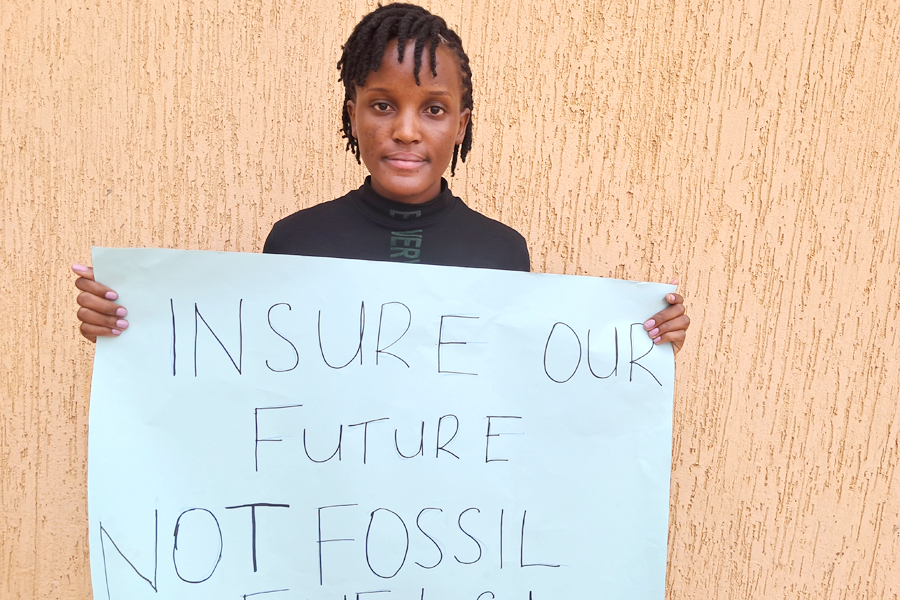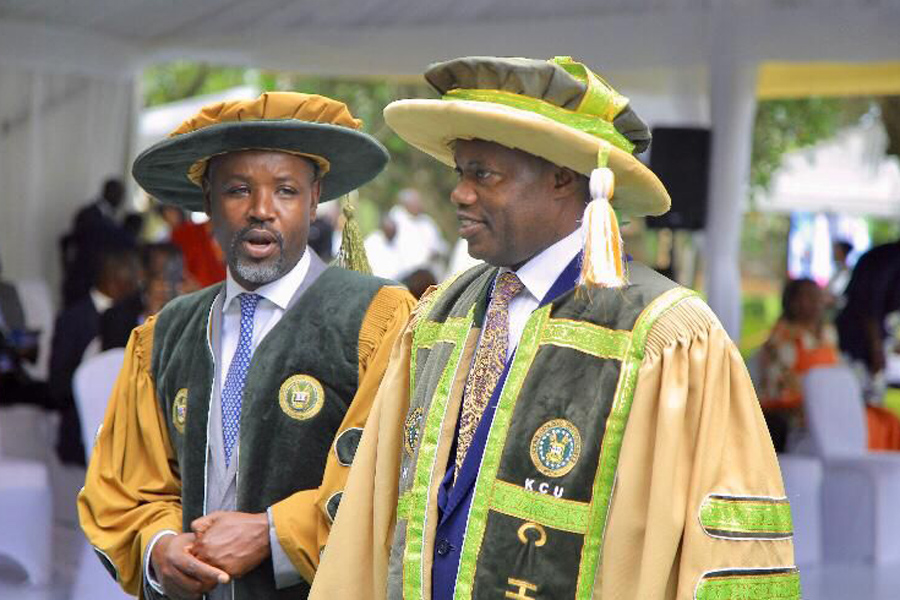Museveni asks Ugandans to borrow from UDB to invest in local production of goods
By David Rupiny
President Yoweri Museveni has asked Ugandans to borrow from Uganda Development Fund (UDB) and invest in import substitution projects.
The president said the government has recapitalized UDB to the tune of shs1 trillion, with more funding expected to come from the World Bank and International Monetary Fund.
Museveni was speaking at the commissioning of Lida Packaging Products Ltd. a Chinese company which produces medical and non-medical face masks located in Mbalala, Mukono district.
He said that since the 1960s Ugandan planners have been told to build local capacity to produce many of the products that the country imports but noted that the economic argument for long has been in favour of excessive importation of products.
According to the president, while importation of products is not necessarily bad because it encourages trading and cooperation with other countries, Uganda, like many African countries, has for far too long been importing things that it should be producing locally, describing the trend as “the sickness of Africa”.
Museveni said it is unhealthy for a country to import everything without taking into account its own comparative advantage in the production of the very products it imports.
The president said the current Covid-19 pandemic, despite the challenges it poses, has woken up Ugandans and Africans to the fact that there are many products they have been importing that in real sense they should be producing locally.
He cited how Ugandans are now not only producing sanitizers and facemasks but actually exporting to the region within a very short time, in addition to other products like food and sugar.
He said Uganda has raw materials for most of the products she imports.
Turning to Lida Packaging Products Ltd. and other industries established in Uganda by foreign investors, the president said these factories cannot be called foreign but rather Ugandan because they add to the country’s Gross Domestic Product (GDP).
“Don’t call it Chinese factory. Chinese factories are in China. This is a Ugandan factory. Any factory whether by a Chinese, Indian or American that is in Uganda is Ugandan,"Museveni said.
The president said he was happy with the factory, as well as others, because they are creating jobs, adding that Uganda needs more factories.
He hailed the Chinese government for encouraging Chinese companies to invest in Africa, underlining that it was key in discussions with his Chinese counterpart Xi Xingping.
On calls by investors to the government to protect them from cheap imports, President Museveni said import taxes will be levied on imported materials and products in order to boost local manufacturers who with time would build capacity and start competing globally.
The Minister of State for Investment and Privatisation, Evelyne Anite, said the country has woken up with big interest in manufacturing, noting that 105 companies are now manufacturing sanitizers alone.
Anite said Lida Packaging Products Ltd. heeded to the president’s call for local production of face masks, noting that since the outbreak of Covid-19 Uganda imported four billion face masks, hence donating millions of dollars abroad.
She noted that in addition to government creating an enabling environment for investors, the Uganda Investment Authority is now addressing very well the issue of allocating land to both domestic and foreign investors in order to boost economic growth, noting that the Authority has significantly improved its efficiency.
The chief executive of Lida Packaging Products Ltd., John Lee, said in order to combat Covid-19 he partnered with industrialist Paul Zhang, who runs the Uganda-Sino Mbale Industrial Park, and prominent Ugandan businessman, Patrick Bitature, to set up the five-million-dollar factory to produce high quality face masks at affordable prices.
The face masks trade as Lida.
The non-medical face masks are three-ply with the inner ply being a waterproof material.
The medical face masks are four-ply and all waterproof. They have been certified by Uganda National Bureau of Standards, the National Drug Authority and approved by Uganda Manufacturers’ Association.
Lee said their face masks are of a high quality capable of competing globally, hence no need to import face masks, revealing that already they are exporting 50,000 face masks daily to neighbouring Kenya.
He said face masks should be affordable and appealed to government to protect Ugandans from exploitative entities charging highly for face masks.
Lee said currently they are producing 52,000 non-medical face masks daily from two production lines, a number that will increase to 560,000 face masks daily once two additional production lines are completed in about two weeks’ time.
He added that plans are also underway to start production of 50,000 surgical masks known as KN-95 daily.
Lee said the factory employs 315 Ugandans, 220 of which are women, with plans underway to employ even more when the additional production lines are completed.
The Chinese Ambassador to Uganda, Zheng ZhuQiang, said the face mask factory has come in time because it will boost government’s efforts to provide face masks to all Ugandans.
He said Covid-19 pandemic is an enemy to all of humanity hence the need to fight it collectively, citing how many Ugandan people and institutions, like Makerere University, actually donated face masks to China when it was being hit hard by the virus.
Ronald Kibuule, the State Minister for Water and an area MP, reported that Greater Mukono has 42 factories employing over 62,000 Ugandans.













